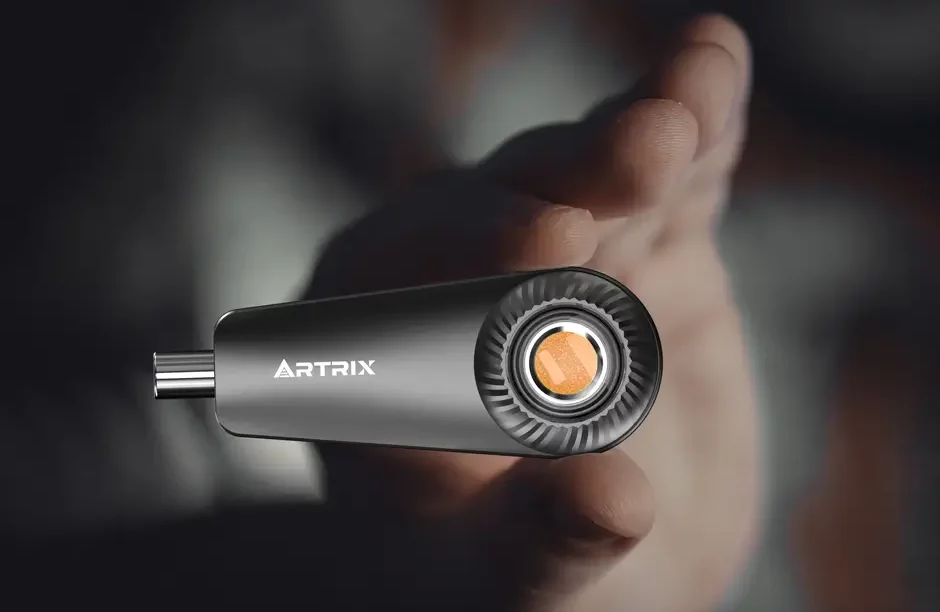
Do Pawn Shops Ask for ID?
When considering the intricacies of pawn shops, one may wonder about the identification requirements. The short answer is yes, pawn shops do ask for ID. This practice is not just a matter of policy but is deeply rooted in legal requirements and operational best practices. In this article, we will delve into the reasons behind this requirement, the types of identification typically accepted, and the benefits of such practices for both the pawn shops and their customers.
Legal Requirements for ID in Pawn Shops
Pawn shops are heavily regulated by both federal and state laws. One of the most critical regulations pertains to the identification of customers. The primary law governing pawn transactions is the Patriot Act, which mandates that businesses involved in monetary transactions, including pawn shops, must verify the identity of their customers. This regulation aims to prevent illegal activities such as money laundering and the sale of stolen goods.
Additionally, many states have specific laws that require pawn shops to keep detailed records of transactions, including the identification details of the individuals involved. These records are often shared with local law enforcement to help track stolen property and combat theft.
Types of Accepted Identification
Pawn shops typically accept various forms of identification to comply with legal requirements. The most commonly accepted forms of ID include:
- Driver’s License: A standard form of identification that includes a photo, date of birth, and address.
- State ID Card: Similar to a driver’s license, this is a government-issued ID that verifies the identity of the holder.
- Passport: An international form of ID that is often accepted Melbourne gold buyers, particularly for customers who may not have a local driver’s license or state ID.
- Military ID: Used by members of the armed forces, this ID is also widely accepted in pawn shops.
Each of these forms of identification must be current and valid to be accepted.
The Process of ID Verification
When a customer enters a pawn shop to either pawn or sell an item, the first step is to present a valid ID. The pawnbroker will verify the ID by checking for authenticity and ensuring that the details match the person presenting it. This process includes:
- Visual Inspection: The pawnbroker will examine the ID for signs of tampering or forgery. This includes checking the holograms, watermarks, and other security features.
- Information Verification: The pawnbroker will verify that the details on the ID, such as the name, address, and date of birth, match the information provided by the customer.
- Record Keeping: The details from the ID are recorded in the shop’s database along with the transaction details. This record is kept for a specific period, often dictated by state law, and is accessible to law enforcement if needed.
Benefits of ID Requirements for Pawn Shops
The requirement for ID verification offers several benefits:
- Prevention of Fraud: By verifying the identity of customers, pawn shops can significantly reduce the risk of fraudulent transactions. This includes preventing the sale of stolen goods and ensuring that the person pawning or selling an item is the legitimate owner.
- Compliance with Regulations: Adhering to ID requirements ensures that pawn shops comply with federal and state laws. Non-compliance can result in hefty fines and legal action, so it is in the best interest of the pawn shops to follow these regulations closely.
- Enhanced Security: ID verification helps create a secure environment for transactions. It reassures customers that the pawn shop is a legitimate business and that their personal information is protected.
- Assistance in Recovering Stolen Property: Detailed records of transactions and customer identification can aid law enforcement in tracking and recovering stolen property. This cooperation between pawn shops and law enforcement is crucial in reducing theft and ensuring that stolen items are returned to their rightful owners.
Customer Privacy and Data Protection
While pawn shops are required to collect identification details, they also have a responsibility to protect this information. Most pawn shops implement strict data protection policies to ensure that customer information is not misused or accessed by unauthorized individuals. This includes:
- Secure Storage: Customer records are stored in secure databases with restricted access. Physical copies of IDs are often kept in locked storage areas.
- Data Encryption: Digital records are encrypted to protect against hacking and unauthorized access.
- Confidentiality Agreements: Employees are often required to sign confidentiality agreements to prevent the misuse of customer information.
Exceptions to ID Requirements
While ID requirements are standard, there are a few exceptions. For instance, some states may have different regulations for low-value transactions. In such cases, the requirement for ID might be waived if the transaction value is below a certain threshold. However, these exceptions are rare, and most pawn shops prefer to verify ID for all transactions to maintain consistency and security.
Conclusion
In conclusion, do pawn shops ask for id as a standard part of their operating procedures. This practice is driven by legal requirements, the need to prevent fraud, and the desire to create a secure transaction environment. By understanding the importance of ID verification, both customers and pawn shops can ensure that their interactions are safe, legal, and beneficial for all parties involved.













